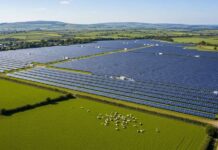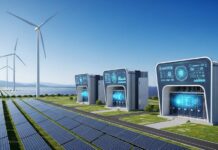It goes without saying that the next European Parliament must go ahead and prioritize the rapid deployment when it comes to renewable energy as well as the modernization and expansion of grid networks.
This is indeed the message from the Vice President in charge of Green Deal from the European Commission, Maros Sefcovic, ahead of the EU citizens who would be going to the polls on June 6–9.
He, apparently, has told the delegates at WindEurope 2024 in Bilbao that the bloc had to double down when it comes to meeting end-decade capacity objectives as EU member states continue to come up from “the worst energy crisis ever since the 1970s.
Sefcovic said that the citizens have paid through the roof when it comes to energy prices since the Russia-Ukraine war.
In spite of the crisis, they have apparently laid down robust foundations for the energy shifts, said Sefcovic.
He added that it is indeed time to transition towards the execution phase as well as double-down on meeting their endeavours.
The Slovak politician went on to say that a recently agreed EU Grid Action Plan would go on to offer an enabling framework so as to mitigate bottlenecks in projects looking for grid connections.
He further added that it is clear that grids must definitely be at the top of the agenda, as if one invests in renewables but not within the infrastructure that goes on to distribute the electricity, then in that scenario they are losing money.
The fact is that the energy infrastructure happens to be a pre-requisite for energy security as well as to modernize the economy.
He said that certain other major priorities for an incoming EU Parliament should be to come up with a single market so as to reward companies for embracing sustainability as well as using local supply chains. Public procurement could also act as a primary lever by no longer favoring alternatives that are cheaper and come from far away.
Sefcovic also wanted to witness enhanced access to long-term funding as well as finance for member states.
































